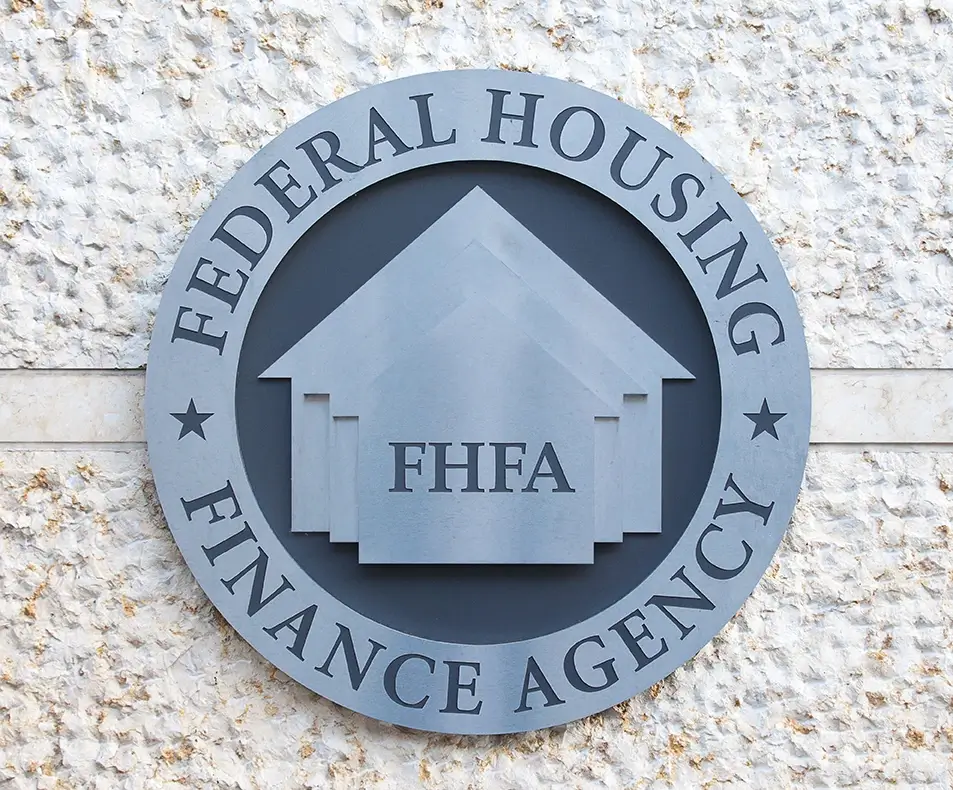

Loan Level Price Adjustments (LLPAs) are additional fees implemented by the Federal Housing Finance Administration (FHFA) on certain types of mortgage loans. These fees are designed to account for the increased risk associated with certain loan characteristics, such as a high loan-to-value ratio or a low credit score. The LLPAs are applied to loans purchased or guaranteed by government-sponsored enterprises (GSEs) Fannie Mae and Freddie Mac.
The FHFA, which oversees the GSEs, introduced LLPAs in 2008 as a way to manage the increased risk of mortgage defaults during the financial crisis. The goal of LLPAs is to ensure that the GSEs are able to manage the risk of default and maintain the stability of the housing market. The LLPAs are used in conjunction with other risk management tools such as credit score and loan-to-value (LTV) requirements.
The LLPAs are applied to certain loan characteristics such as loan-to-value ratio, credit score, and loan type (for example, adjustable-rate mortgages versus fixed-rate mortgages). For example, loans with a high loan-to-value ratio may be subject to a higher LLPA, while loans with a low credit score may be subject to a lower LLPA. The LLPAs can vary depending on the lender and the specific loan characteristics, they are typically applied as a percentage of the loan amount and can range from a few basis points to several hundred basis points.
The LLPAs are not uniform and can vary by lender. Lenders pass on these fees to borrowers, which could result in higher interest rates or a higher down payment requirement. It's important for borrowers to understand that LLPAs are just one of the many factors that can affect the overall cost of a mortgage. Other factors, such as interest rates, fees, and closing costs, can also have a significant impact on the overall cost of a mortgage.
LLPAs can have a significant impact on the cost of a mortgage for certain borrowers. For example, a borrower with a high LTV and a low credit score may be subject to a higher LLPA, which could result in a higher interest rate or a larger down payment requirement. This could make it more difficult for that borrower to qualify for a mortgage, or make it more expensive to purchase a home.
It's important for borrowers to be aware of LLPAs when shopping for a mortgage. Borrowers should ask their mortgage broker about the LLPAs that will be applied to their loan and how they will affect the overall cost of the loan. Borrowers should also compare the overall cost of different mortgage offers, including interest rates, fees, and LLPAs, to determine which loan is the best for them.
In conclusion, LLPAs are additional fees implemented by the FHFA on certain types of mortgage loans to account for the increased risk associated with certain loan characteristics such as high LTV or low credit score. They are used by GSEs Fannie Mae and Freddie Mac to manage risk and maintain the stability of the housing market. Borrowers should take note of LLPAs and other costs when comparing mortgage offers and evaluate the overall cost of the loan. LLPAs can have a significant impact on the cost of a mortgage for certain borrowers, it's important for them to be aware of LLPAs when shopping for a mortgage and compare the overall cost of different mortgage offers before making a decision.

